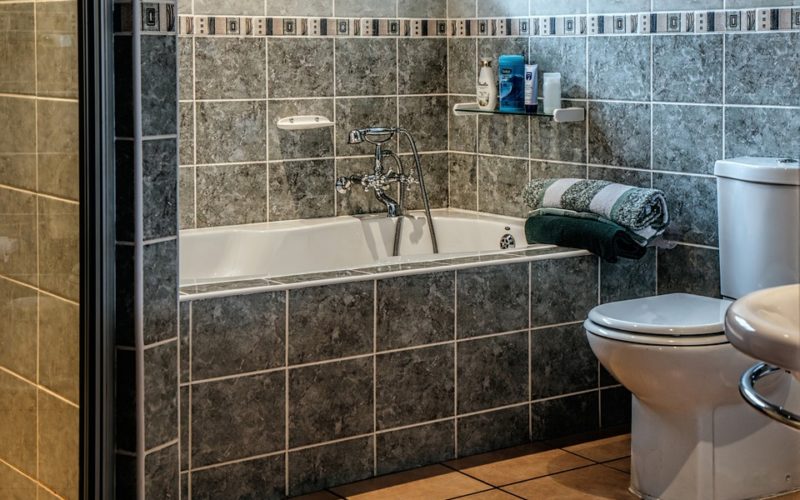Responsibilities Of a Property Manager
Property management is a multifaceted role that demands a diverse set of skills and abilities. From overseeing the maintenance of rental properties to ensuring tenant satisfaction, property managers play an essential role in real estate investment's success.
The role of a property manager
A property manager is tasked with overseeing and managing daily operations of rental properties. The role involves ensuring that everything within the property runs smoothly and efficiently. This includes managing tenant relations, handling repairs and maintenance issues, and playing the part of the middleman between property owners and occupants. Property managers must also be well-versed in relevant legislation and regulations, ensuring adherence to all applicable laws and guidelines concerning property rental and maintenance.
Tenant screening and leasing
One of the key responsibilities is tenant screening. This process includes running credit checks, verifying employment, and checking references to ensure that reliable and responsible tenants are selected. After tenants have been chosen, property managers then take charge of the lease management process, setting up the terms of occupancy, ensuring leases are signed, and maintaining accurate records of all rental agreements.
Coordinating with tradespeople
Property managers are quickly called upon to address maintenance issues before they become problematic. This can range from minor repairs to scheduling routine property inspections to ensure everything is in working order. When more complex issues arise, such as a new boiler installation Manchester or boiler repair Manchester, property managers must coordinate with experienced and reliable tradespeople, like a plumber Manchester , to resolve the issues promptly and effectively. The responsibility of navigating emergency scenarios, like those needing an emergency plumber Manchester, also falls under their purview.
Financial management and budgeting
An eye for detail is crucial when it comes to managing the financial aspects of property management. Property managers are responsible for setting and collecting rent, managing budgets for property expenses, and keeping accurate financial records. They are also in charge of making payments for property-related expenses like insurance, taxes, and payroll for onsite employees or contractors.
Tenant communication and conflict resolution
Communicating with tenants is a daily duty. Property managers must address tenant complaints, mediate conflicts, and provide solutions that suit both the tenant and the property owner. It could involve anything from noise complaints to disputes about maintenance issues. Effective property managers are not only good listeners but also excellent problem solvers, who can diplomatically manage disagreements and foster a positive living environment.
The importance of a property manager
The property manager's role is invaluable in the world of real estate investments. They ensure a well-maintained property and attentive administration, which contributes greatly to retaining the value of the property and providing peace of mind to owners and tenants alike. Whether it's handling the day-to-day grind of property oversight, managing complex repairs, or dealing with the human aspect of tenancies, property managers form the backbone of a successful property rental business.












